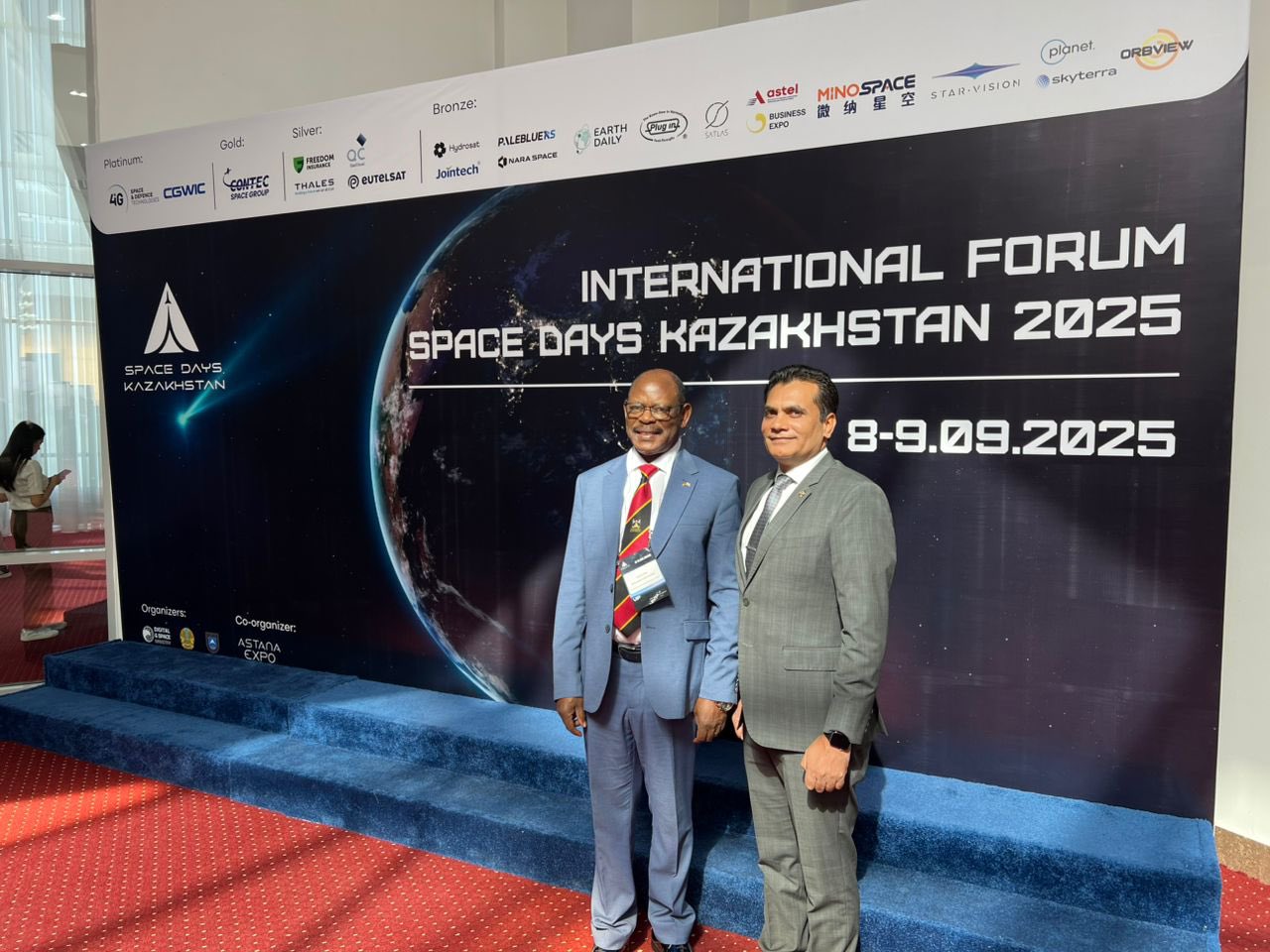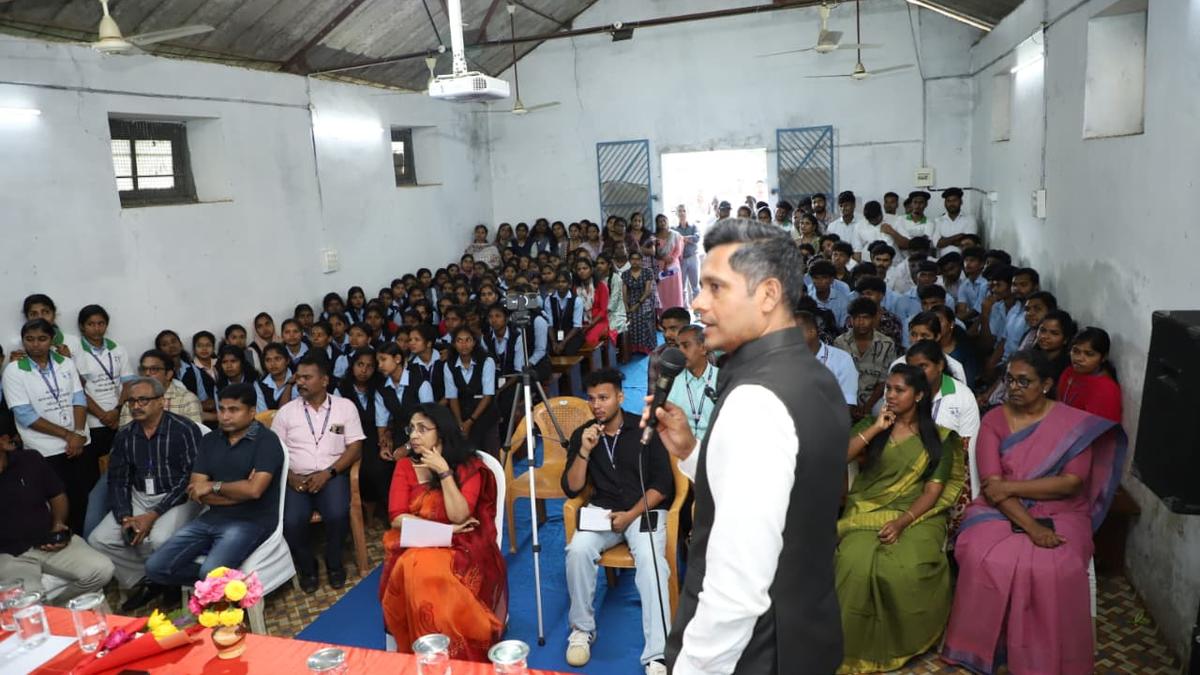By Mike Ssegawa
Copyright watchdoguganda

Uganda’s Makerere University Eyes Space Leap with Global Partners at Kazakhstan Symposium
Almaty, Kazakhstan – In a bold step toward harnessing the stars for earthly progress, Makerere University, Uganda’s premier institution of higher learning, announced potential partnerships with leading international space agencies during the 4th International Aerospace Symposium hosted by the Islamic World Educational, Scientific and Cultural Organization (ICESCO) in Almaty, Kazakhstan.
The event, held on September 8 as part of the broader Space Days Kazakhstan 2025 International Forum, drew experts from across Eurasia and Africa to discuss advancements in satellite technology, aerospace education, and regional collaboration.
Professor Barnabas Nawangwe, Vice Chancellor of Makerere, shared the exciting developments via social media during the symposium, stating: “Several space institutes and agencies have expressed interest in partnering with Makerere University to establish a Centre for Space Technologies. The proposed Centre will greatly enhance Makerere and Uganda’s understanding and use of space technologies for the development of our country and the region.”
Accompanied by photos of symposium sessions at Al-Farabi Kazakh National University, Nawangwe’s post highlighted Uganda’s growing ambitions in a field long dominated by Northern Hemisphere powers. The symposium, running from September 6-11, featured workshops on CanSat (miniature satellite) training and scientific discussions on aerospace sciences, attracting over 200 participants from 20 countries.
Key outcomes included multiple memoranda of understanding (MOUs) aimed at expanding satellite data applications for agriculture, climate monitoring, and disaster management—areas critical to East Africa’s socio-economic challenges. Kazakhstan, leveraging its own Baikonur Cosmodrome legacy, positioned itself as a hub for Central Asian space innovation, reporting a 15% rise in regional satellite projects since 2020. For Makerere, this aligns with a decade-long push to integrate space science into African curricula.
In 2016, the College of Engineering, Design, Art and Technology launched a Space Technology Programme, building on the 2020 Africa Space Technology for Urgent Societal Needs (ASTUS) project with the UK Space Agency. Yet, challenges persist: A 2022 UNESCO report notes that only 1% of the world’s 10,000 space professionals hail from Africa, underscoring the need for inclusive initiatives like the proposed centre.
Experts hailed the collaboration as a game-changer. Dr. Aiman Al-Dhahir, ICESCO’s Director of Science and Technology, emphasized during the forum: “These partnerships bridge the global digital divide, empowering developing nations with tools for sustainable growth.” The centre, if realized, could train hundreds of Ugandan engineers annually, fostering innovations in precision farming and environmental surveillance.
Uganda’s space journey gained momentum with the 2022 launch of PearlAfricaSat-1, its first domestically built satellite. Now, with Kazakh and ICESCO backing, Makerere aims to scale up, potentially creating jobs and boosting GDP through tech exports.
As Nawangwe noted in a follow-up statement, “This is not just about satellites; it’s about launching Africa’s future into orbit.” Critics, however, caution on funding and infrastructure hurdles in resource-strapped Uganda. Still, the symposium’s momentum—echoed in forums like the National Council for Geographic Space Applications (NCGSA)—signals a new era. With follow-up MOUs anticipated by year’s end, Uganda’s skies look brighter than ever.
Do you have a story in your community or an opinion to share with us: Email us at editorial@watchdoguganda.com



